A World Leader
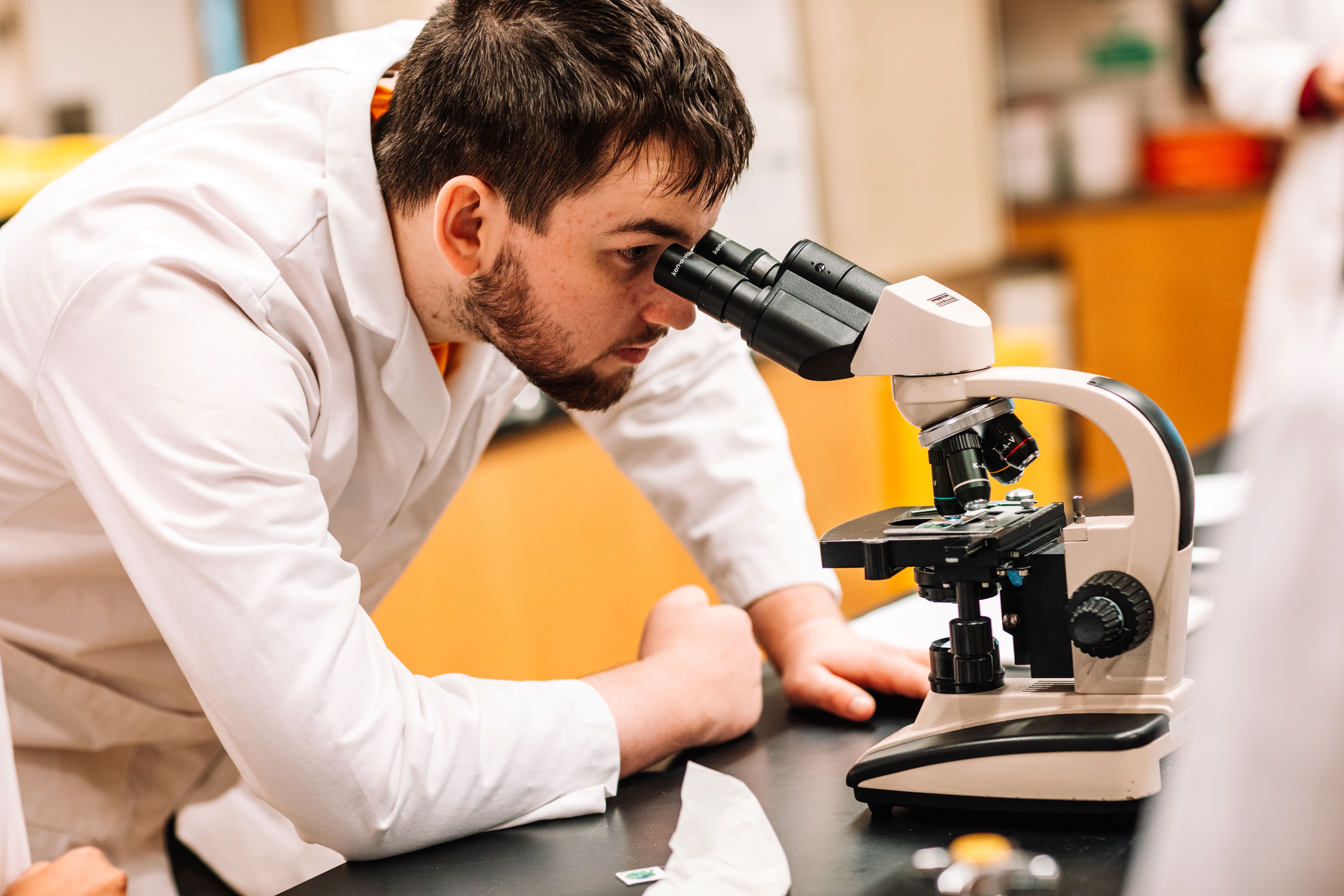 For the fourth year in a row, Lakehead is one of the top 200 global universities in the Times Higher Education 2023 Impact Rankings. These rankings measure universities' societal impact by evaluating their success in advancing the United Nations' Sustainable Development Goals (SDGs), which the United Nations describe as a "a universal call to action to end poverty, protect the planet, and ensure that by 2030 all people enjoy peace and prosperity."
For the fourth year in a row, Lakehead is one of the top 200 global universities in the Times Higher Education 2023 Impact Rankings. These rankings measure universities' societal impact by evaluating their success in advancing the United Nations' Sustainable Development Goals (SDGs), which the United Nations describe as a "a universal call to action to end poverty, protect the planet, and ensure that by 2030 all people enjoy peace and prosperity."
Lakehead is the highest-ranked university in North America with fewer than 9,000 students and Canada's top-ranked primarily undergraduate university. The rankings have confirmed that Lakehead is a leading university when it comes to contributing to clean water and sanitation, affordable and clean energy, elimination of hunger, reduced inequalities, good health and wellbeing, and sustainable life on land and below water. According to Lakehead Provost and Vice-President (Academic) Dr. David Barnett, "this ranking represents the hard work and dedication put forth by our faculty, staff, students, and alumni."
Northern and Rural Innovation Cluster
Lakehead has partnered with Laurentian, Nipissing, and Trent universities to create a northern and rural innovation cluster focused on critical minerals, cleantech, and electric vehicles. "We are well positioned for this partnership," said Lakehead Director of Innovation Development Ellen MacKay. "Lakehead has research and development strength in critical minerals through the hiring of two new research chairs in critical mineral processing and exploration and in the continued work of the Centre of Excellence for Sustainable Mining and Exploration." The initiative was prompted by the release of the Government of Ontario's Critical Minerals Strategy in 2022. The strategy includes a commitment to building a network that will foster collaboration between industry and academia in order to support innovation from early-stage discovery to commercialization. Laurentian is leading the cluster, which will identify the essential components required to transform the province into a leading producer of critical minerals such as lithium, copper, graphite, nickel, cobalt, and tin. Intellectual Property Ontario is providing $2 million in funding for seven projects proposed by 10 postsecondary institutions across the province.
International Research Conference
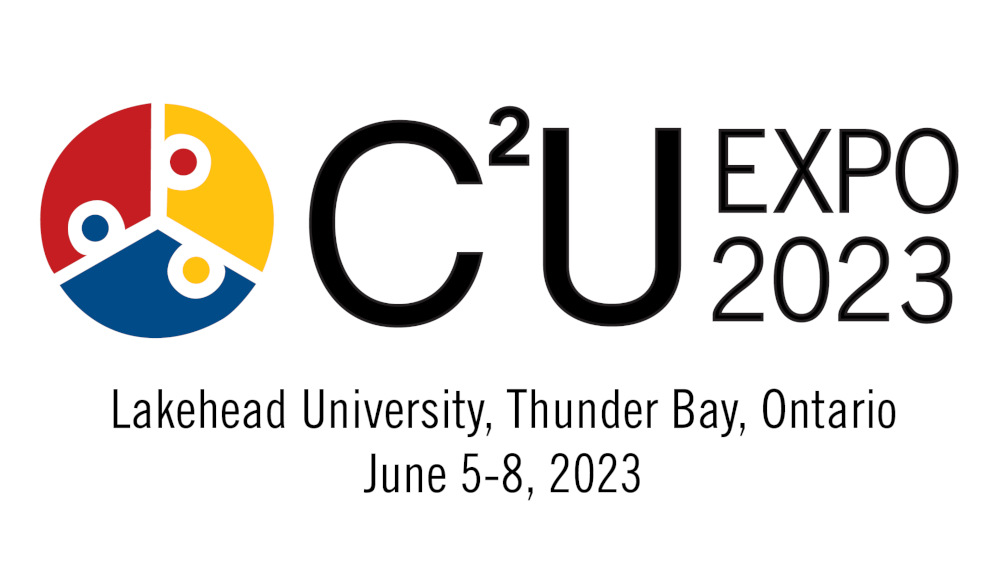
In June 2023, Lakehead hosted the C2UExpo—Community-College-University-Exposition—and welcomed approximately 350 conference delegates to the Thunder Bay campus. Seventy-five per cent of the attendees came from outside Northwestern Ontario, travelling from places as far away as New Zealand, Brazil, Italy, the United States, and South Africa. The theme of C2UExpo 2023 was "Connected Communities. Collective Change." and the purpose was to help delegates learn the fundamentals of community-based research and how to engage in meaningful research relationships with Indigenous communities.
The exposition brought together community-based organizations, Indigenous groups, researchers, students, grassroots organizations, policymakers, and knowledge mobilization experts. "This exposition will be of interest to anyone who is passionate about the power of collaboration to co-create positive societal changes in our communities," said Lakehead VP Research and Innovation Andrew Dean when the conference was announced.
Electrical Engineering Accreditation
Lakehead's Department of Electrical Engineering, which was established in 1974, offers excellent undergraduate and graduate education and research opportunities. Now, the electrical engineering program has received the maximum possible accreditation from the Canadian Engineering Accreditation Board (CEAB). "We are very proud to receive this latest approval from our regulatory body," said Dean of Engineering Dr. Janusz Kozinski. "It celebrates our commitment to delivering high-quality professional programs that are academically rigorous and align with the needs of industry." Students who receive a degree from an accredited engineering program meet the academic requirements needed to become licensed with Canada's engineering regulators. With the recent CEAB review, Lakehead's electrical engineering program is accredited for a full six years, up to June 30, 2029.
Improving Students' Mental Health
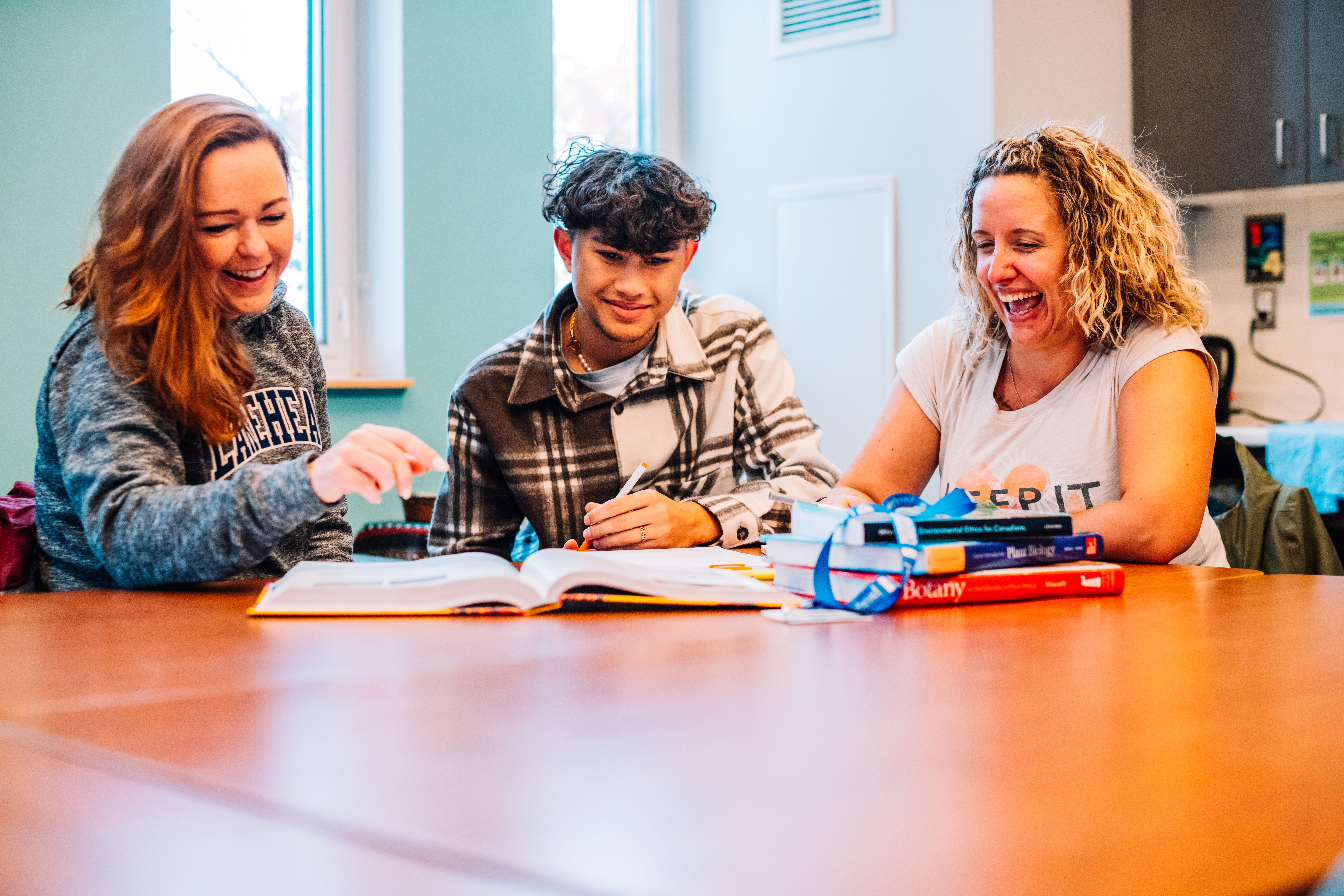
This past spring, academics, students, and mental-health professionals attended Lakehead's inaugural Applied Self-Regulation Knowledge (ASK) Conference. "Self-regulation is the ability to remain calmly focused and alert during times of stress, and we're applying that knowledge to a multitude of situations," said Dr. Sonia Mastrangelo, a Lakehead education professor and ASK's director of research, in an interview with Orillia Matters on May 9, 2023. Dr. Mastrangelo helped organize the conference, which took place on the Orillia campus, to enable professionals to discuss ways to improve the mental health of postsecondary students in the wake of the COVID pandemic. The social isolation and the shift to online learning caused by the pandemic took a serious toll on students' wellbeing and led to a rise in rates of depression and anxiety. The problem was further compounded by disruptions to their education and the cancellation of enriched learning experiences including travel opportunities, laboratory courses, fieldwork, and learning exchanges. Self-regulation methods are one way that students can counter negative mental health issues.
Climate Action Park Opens
Lakehead opened a Climate Action Park on its Thunder Bay campus in June 2023 to help restore aquatic habitat along the shoreline of the McIntyre River, improve stormwater management through Low Impact Development (LID) techniques, raise awareness of the climate crisis, and create a place for connection and learning. The McIntyre River is one of four major tributaries in Lake Superior's urban watershed, and stormwater from the Lakehead campus has a significant impact on this watershed. "Addressing the impacts of cumulative contaminants in our urban runoff is a priority for the health of our rivers and Lake Superior," said Geography and the Environment Professor Rob Stewart.
The development of the Climate Action Park was led by the Office of Sustainability, the Lake Superior Living Labs Network, and the Thunder Bay Remedial Action Plan. It has also been funded and supported by the Great Lakes Local Action Fund, the World Wildlife Fund Canada, EarthCare Thunder Bay, and many Lakehead departments and faculties.
Indigenous Education and Math Conference
Over 160 participants attended a two-day conference in April entitled Wiidookaadying Gikinoomaagewin: Gindaaswin Kendaasiwin (Relationships and Reciprocity: Indigenous Mathematics and Education Conference). The conference was held on the Lakehead Orillia campus and was attended by community Elders, knowledge keepers, educators, and administrators from across the province. It was organized to discuss the First Nations & Métis Math Voices Project—a long-term initiative being offered in Ontario elementary and secondary classrooms. The conference was also a forum to develop relationships and share knowledge about connections between Ontario's math curriculum and the mathematics inherent in Indigenous technology, design, and artistry. Attendees explored how to incorporate Indigenous pedagogical approaches that align with current mathematics instruction and how to create more inclusive classrooms. Conference programming included workshops on hairbone pipe bracelets, looming, and birch bark baskets. Although the conference focused on mathematics instruction, participants and organizers also discussed how this work could be extended more broadly in education.
Goldich Medal Winner
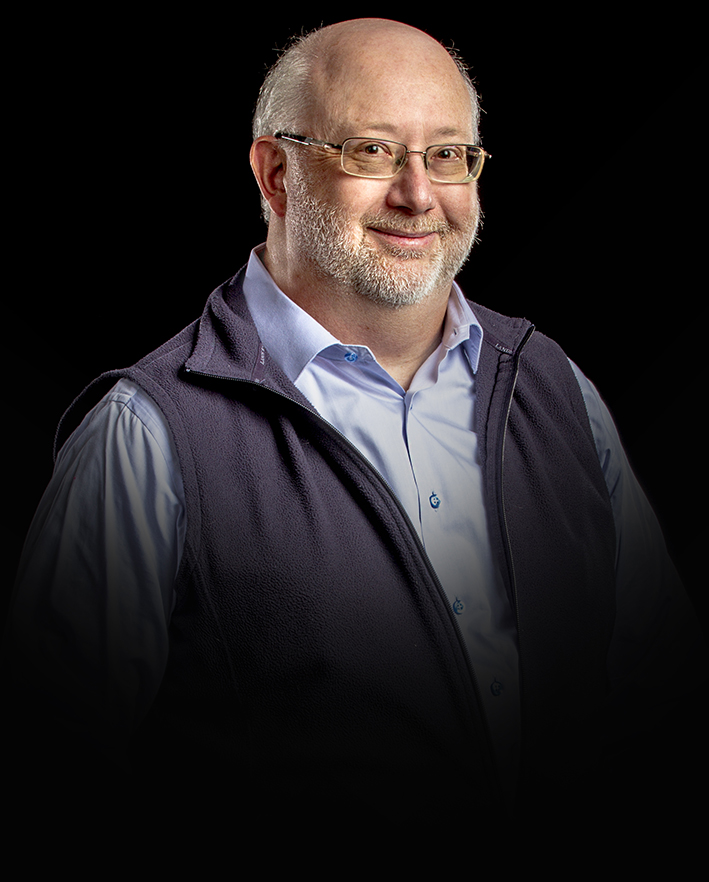
Dr. Peter Hollings received the Goldich Medal Award from the Institute on Lake Superior Geology for his outstanding contributions to the geology of the Lake Superior region. Dr. Hollings is the director of Lakehead University's Centre of Excellence for Sustainable Mining and Exploration (CESME) and the NOHFC industrial research chair in mineral exploration. "Since starting at Lakehead University over 20 years ago, I have been fascinated by the geology of the Midcontinent Rift and have been working with colleagues and students to better understand how it formed," he said. One of his areas of research is the application of geochemistry and petrology to locate ore deposits, including at the Lac des Iles Mine and the Thunder Bay North igneous complex. He works with a wide range of industry partners such as Wesdome, Goldshore, Nighthawk Gold, and Evolution. As CESME director, Dr. Hollings helps lead the discovery and exploration of natural resources in an environmentally sustainable way.
Book Launches
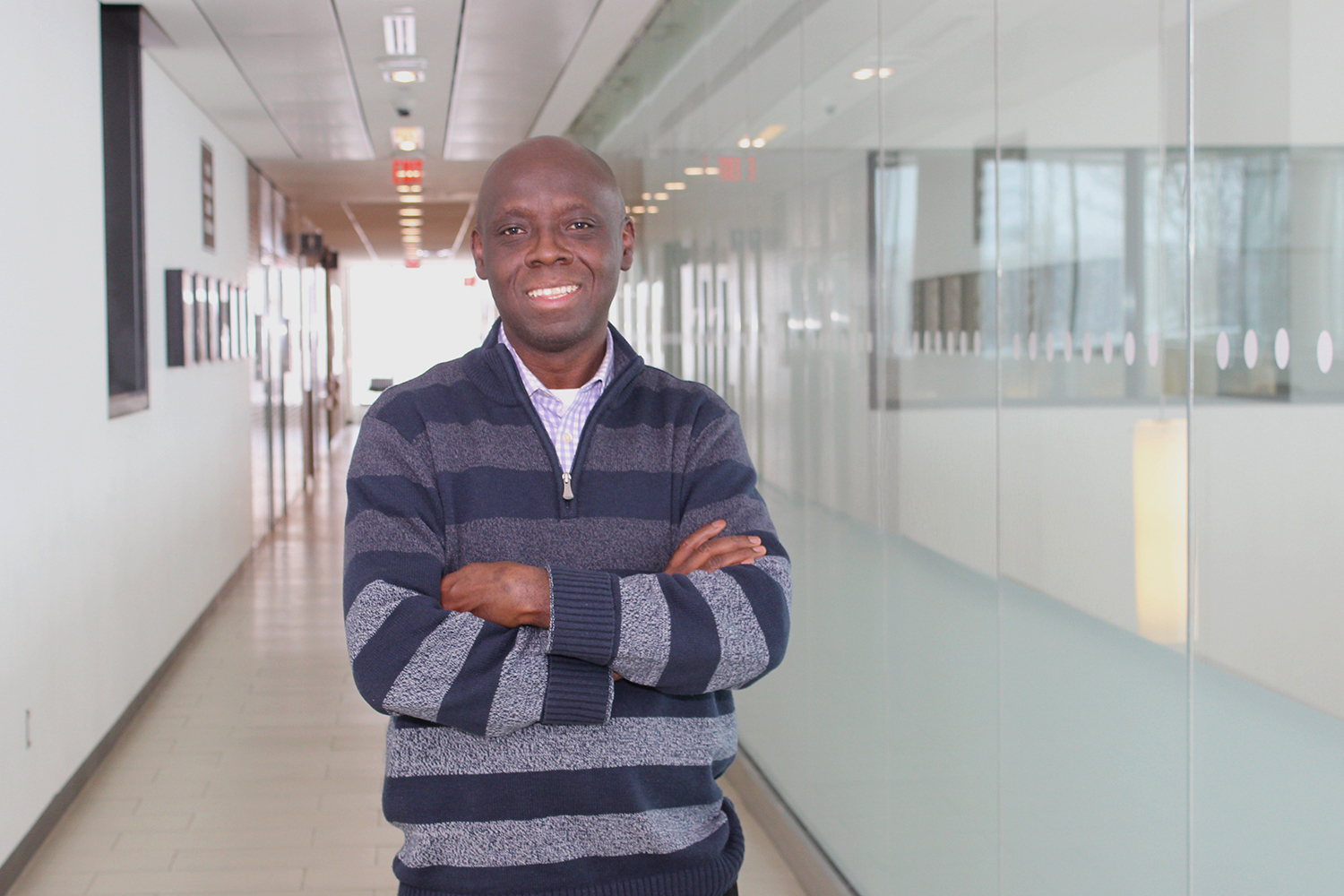
Two Lakehead Orillia professors have released new books. Faculty of Business Administration Chair Dr. Olakunle Akingbola is one of the authors of Employee Engagement in Nonprofit Organizations: Theory and Practice examines the antecedents, dimensions, and consequences of employee engagement. Specifically, it untangles the theory and practice of employee engagement in nonprofit organizations and provides evidence-based context-specific models. Included alongside the discussion of theoretical aspects are concrete examples of how to develop, implement, and manage employee engagement in nonprofit employment relations and human resources practices.
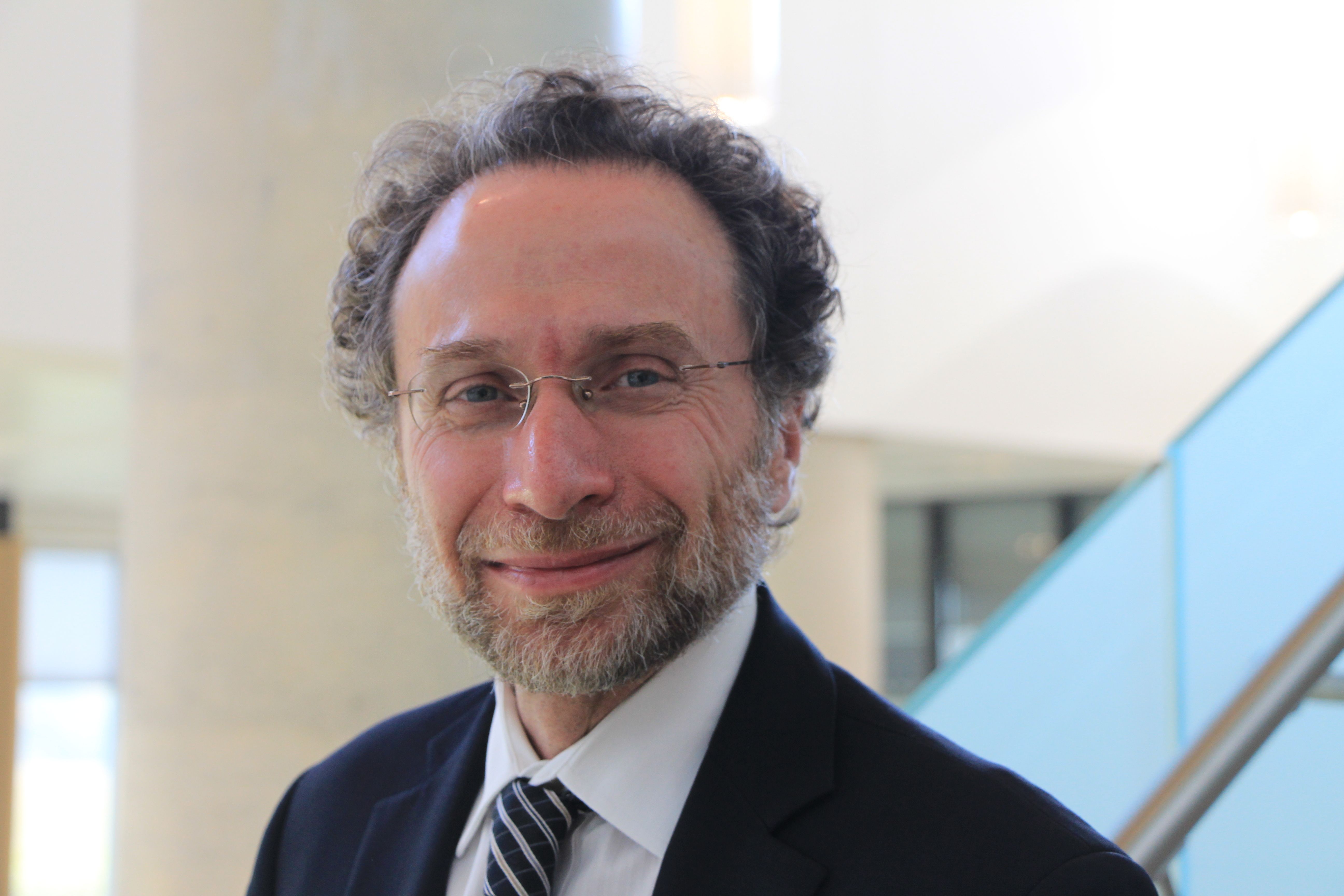
Dr. Les Fleischer, director of the School of Social Work Orillia, is a contributing author to Underlying Assumptions in Psychoanalytic Schools: A Comparative Perspective. This book investigates the major schools of psychoanalysis by exploring their historical development, their differences and similarities, and the underlying assumptions made by each. Dr. Fleischer contributed the chapter entitled "American Ego Psychology." Underlying Assumptions is aimed at psychoanalytic practitioners and students of psychoanalysis and the history of medicine.
Social Studies Festival
The theme of the fourth annual Social Studies Festival held in March on the Orillia campus was "Our Relationship with the Land." Organized by the Faculty of Education, the festival gave education students in their final year of study the chance to consider their teaching pedagogies. One of the goals, says Professor Sharla Mskokii Peltier, "was to engage pre-service teachers in thinking about citizenship and social studies education in relational ways of being with the lands and waters." To foster this engagement, students took part in activities such as a hike to Mnjikaning Fish Weirs National Historic Site. "Spending time on the land and learning about its histories, including Indigenous contributions, is so important so that people can bring that into their teaching and really feel it with their hearts and their spirits," added Professor Peltier. The festival was inspired by the desire to help students develop a more critical, global, and post-colonial view of the world.
2023 Women's Health Scholars Award
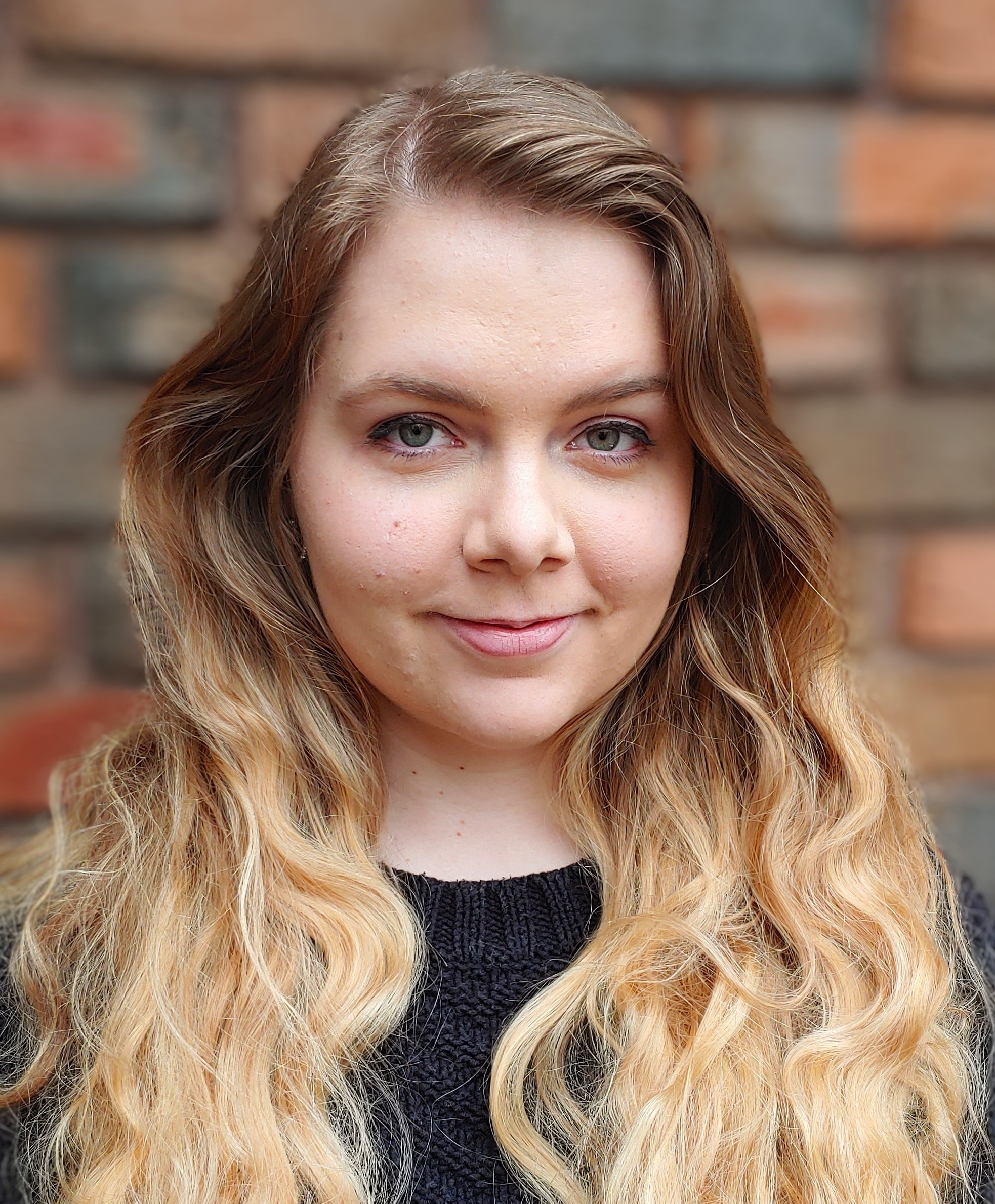
Doctoral student Erika Puiras has received a 2023 Ontario Women's Health Scholars award for her research into the potential mental health consequences caused by the stigma that individuals face when they choose to be "childfree." Over the next year, Puiras plans to engage with over 1,000 childfree women across Canada and the United States through questionnaires and in-depth interviews to learn more about their journey. As part of her dissertation, she is studying how stigma—including negative societal messages and discrimination—affects women's mental health, overall wellbeing, and trust in health-care systems that have historically stigmatized them. Puiras, who is enrolled in Lakehead's clinical psychology program, says: "If there's one takeaway from the research we've completed so far, the message from childfree women is that 'our worth as people and our worth as women is not based on our decision to have children.'" The annual Women's Health Scholars Awards are funded by the Ontario government in recognition of groundbreaking women's health research and are administered by the Council of Ontario Universities.


